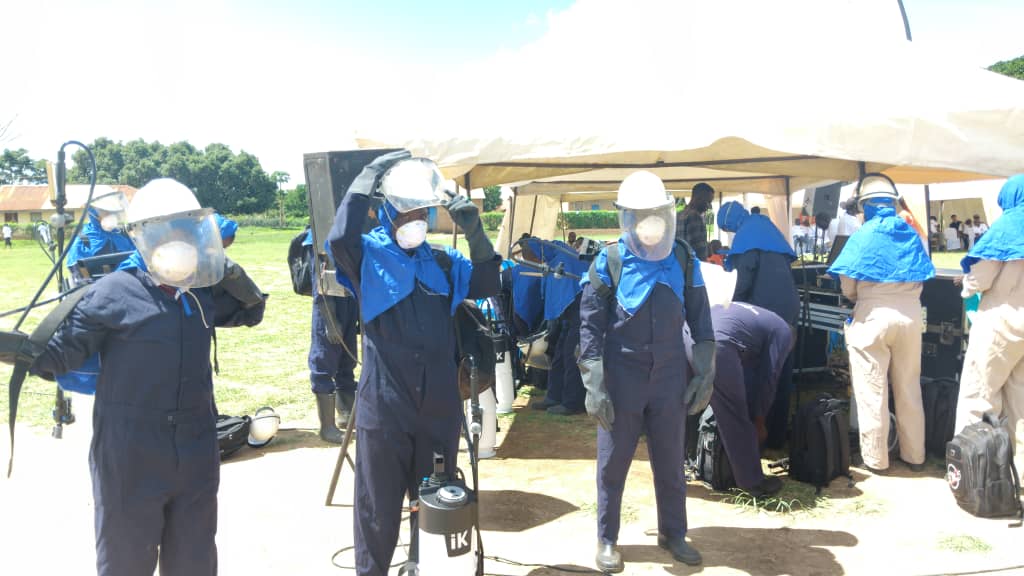
By Nathan Eyagu
Amuria District – In a coordinated effort to combat the high prevalence of malaria among school-going children, Pilgrim Africa has partnered with the Ministry of Health (MOH) to launch an ambitious indoor residual spraying (IRS) campaign in Amuria District. The intervention targets 75 schools and aims to curb the spread of malaria during the rainy season.
The campaign, funded by the Bill & Melinda Gates Foundation and supported by Uganda’s National Malaria Control Division, marks a significant public-private collaboration to protect vulnerable populations—especially children aged 5 to 14—from the mosquito-borne disease.
Amuria District Health Officer, Dr. Godfrey Opolot, announced the initiative during a press briefing, emphasizing its urgency. “Malaria remains the leading cause of illness in our district, particularly among children,” he stated. “Conducting this spraying during the school holidays allows us to reach all 75 schools without disrupting learning.”
Dr. Opolot highlighted that the region’s health facilities often face an overwhelming influx of malaria cases during rainy seasons. The indoor spraying, he explained, aims to disrupt mosquito breeding and transmission cycles in school environments, where children spend much of their time.
Local leaders have rallied behind the initiative. Amuria District LC5 Chairperson, Moses Emabu, called the campaign a life-saving intervention. “This is more than just a health campaign; it’s an investment in our children’s future,” he said. “We’ve run awareness campaigns and diagnostic drives, but the statistics show that we need stronger measures. This partnership is a welcome turning point.”
Also speaking at the event was Hon. Santa Okot, Member of Parliament for Aruu North and representative of the Uganda Parliamentary Forum on Malaria. She reiterated the national importance of the initiative, saying, “Malaria continues to claim lives across Uganda. This partnership is a critical extension of our national efforts to eliminate the disease.”
Dr. Aboke Yeka, a senior researcher at Makerere University and board member of Pilgrim Africa, stressed the importance of involving school communities in disease prevention. “Children are central to this campaign — not just as beneficiaries, but as change agents. Educating and protecting them will create a ripple effect in their homes and villages,” he noted.
With schools closed for the term, the spraying campaign is expected to be completed before students return, ensuring a healthier environment for learning. If successful, the project could serve as a model for malaria control efforts in other districts across Uganda.